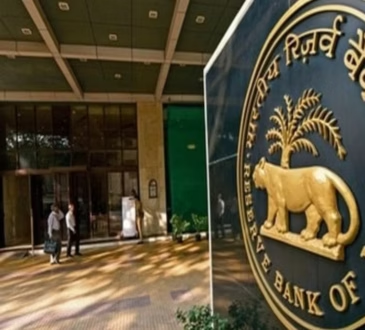BRASILIA: Most Latin American currencies and stocks were set for weekly losses on Friday, as risk-sentiment remained weak after US President Donald Trump’s latest volley of tariffs, while markets also assessed an inflation reading out of the United States.
Mexico’s peso hit its lowest level in over three weeks, with Friday’s decline of 0.5% setting the peso for its fourth straight day of declines.
Brazil’s real weakened 0.4%, on pace for its first weekly decline in four. Investors in Latin America’s biggest economy would also be watching official data which showed Brazil’s jobless rate rose in the quarter through February, which matched economists’ expectations.
Risk sentiment remained shaky all through this week after Trump imposed a 25% tariff on imported cars and light trucks starting next week.
The focus is now on US reciprocal tariffs due to be announced on April 2. Trump indicated that the measures may not be the like-for-like levies he has been vowing to impose.
Amidst the tariff worries, Latin American currencies and stocks remained under the pump, with MSCI’s index tracking the region’s currencies set for its second straight week of declines.
Latin American equities dipped 2% to hit a two-week low, on track for a near 2% drop for the week.
Brazil’s Bovespa 1.2% dropped in a broad-based selloff, while the Argentinian benchmark slid 1.5%. Investors in Argentina would be on the lookout for more details on a deal between the embattled nation and the International Monetary Fund (IMF), after Economy Minister Luis Caputo said on Thursday that the country
is targeting a $20 billion deal. Adding another layer of uncertainty to global trade, data in the United States showed underlying price pressures increasing by the most in 13 months in February.
“Such resilience in core inflation, persistently above the Federal Reserve’s target, suggests expectations for a shift in monetary policy may need to be recalibrated, potentially affecting the timing of interest rate adjustments,” said Dan Siluk, head of global short duration & liquidity and portfolio manager at Janus Henderson. Traders see about 70-basis-points of interest rate cuts by Fed in 2025, implying two 25-bps cuts and an 80% of a third such reduction, according to LSEG data.
Despite some weakness towards the latter half of March, Latin American stocks and currencies are set for solid monthly gains, aided by a global rotation out of US equities and broadly softer greenback.
Back in Asia, the Stock Exchange of Thailand suspended all trading activities for the afternoon session after a strong earthquake struck neighboring Myanmar, the tremors of which were felt in Thailand’s capital, Bangkok. The exchange will begin trading on Monday, March 31.




